WAY – for youth empowerment and participation in decision making
By Milena Rampoldi and Denise Nanni, ProMosaik.
In the following our interview with WAY, the
World Assembly of Youth in Malaysia. Our youth is the future of our world, and
the future of all our different cultures, communities, and societies. This is
the reason why WAY supports youth empowerment and youth participation in decision making.
In the following our interview with WAY, the
World Assembly of Youth in Malaysia. Our youth is the future of our world, and
the future of all our different cultures, communities, and societies. This is
the reason why WAY supports youth empowerment and youth participation in decision making.
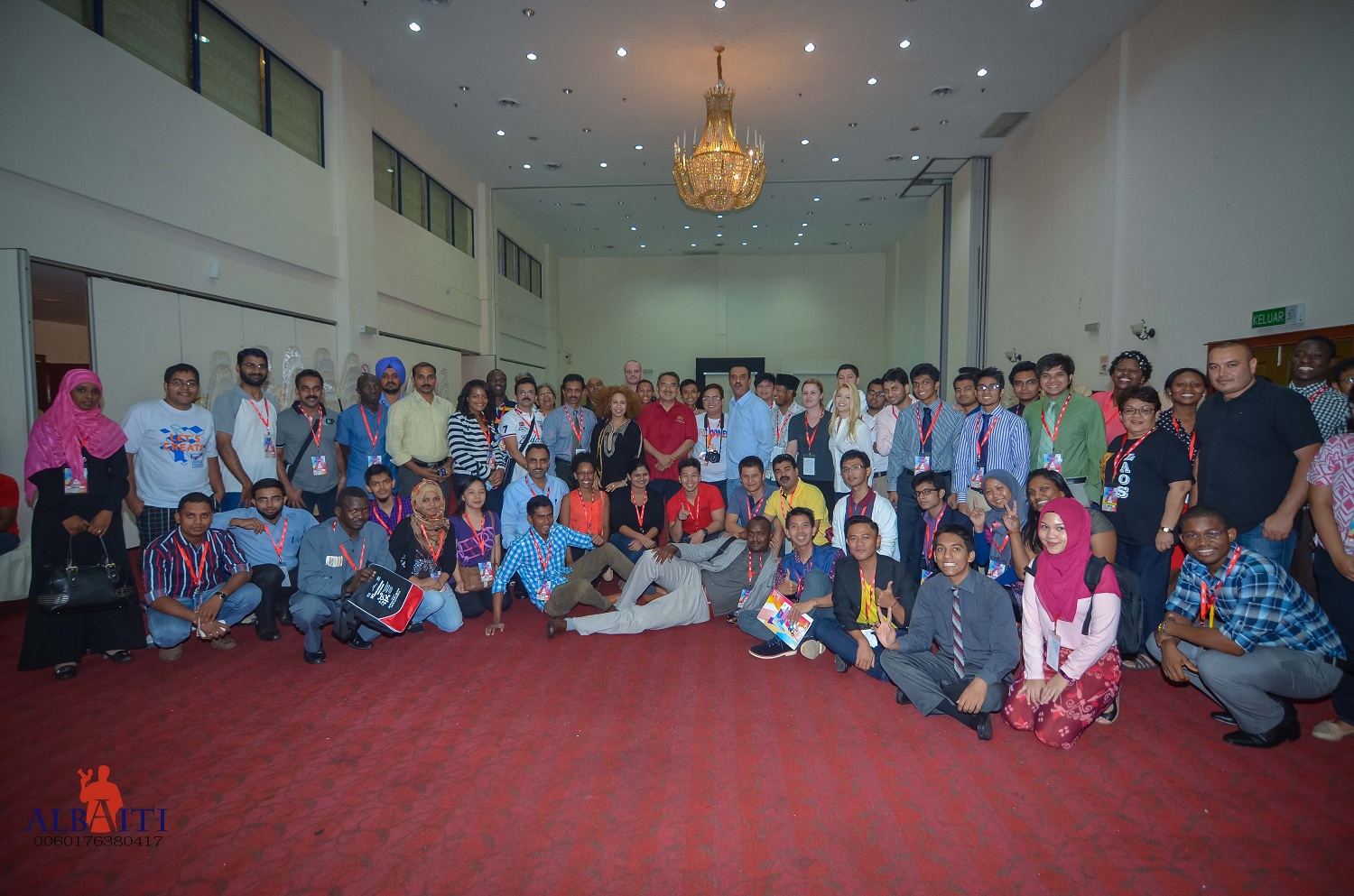
How was WAY founded and with what aims?
The
World Assembly of Youth (WAY) is the International coordinating body of
national youth councils and youth organisations. Founded in 1949, an initiative
was undertaken to establish a youth organisation to promote global cooperation
ad understating among the young people of the world. Recognising the need for a
universal youth organisation, youth leaders from national councils of all member
countries of the United Nations where invited to attend an international
conference in London. In August 1948, the international conference held at West
Minster Hall in London, established the World Assembly of Youth.
World Assembly of Youth (WAY) is the International coordinating body of
national youth councils and youth organisations. Founded in 1949, an initiative
was undertaken to establish a youth organisation to promote global cooperation
ad understating among the young people of the world. Recognising the need for a
universal youth organisation, youth leaders from national councils of all member
countries of the United Nations where invited to attend an international
conference in London. In August 1948, the international conference held at West
Minster Hall in London, established the World Assembly of Youth.
The
draft charter, have been prepared in February 1949, in Ash Bridge, England, was
ratified at the first official meeting of WAY. The meeting, organised by the Belgian
Youth Council, was attended by more than 100 young people from 37 countries.
The WAY charter was ratified by 29 of the national youth councils present, and
WAY began its work on behalf of world youth community.
draft charter, have been prepared in February 1949, in Ash Bridge, England, was
ratified at the first official meeting of WAY. The meeting, organised by the Belgian
Youth Council, was attended by more than 100 young people from 37 countries.
The WAY charter was ratified by 29 of the national youth councils present, and
WAY began its work on behalf of world youth community.
WAY was
founded so as to bring young people from different societies, communities and
countries together so that they can share ideas, thoughts and actions on how to
improve cooperation on a global level and among the youth. As an international
NGO, WAY have the following aims:
founded so as to bring young people from different societies, communities and
countries together so that they can share ideas, thoughts and actions on how to
improve cooperation on a global level and among the youth. As an international
NGO, WAY have the following aims:
·
Increase
inter-ethnic respect and to foster inter-cultural and international
understanding and cooperation;
Increase
inter-ethnic respect and to foster inter-cultural and international
understanding and cooperation;
·
Facilitate
the collection of information about the methods, techniques and activities of
youth;
Facilitate
the collection of information about the methods, techniques and activities of
youth;
·
Disseminate
information about the methods, techniques and activities of youth organisations;
Disseminate
information about the methods, techniques and activities of youth organisations;
·
Promote
the interchange of ideas between youth of all countries;
Promote
the interchange of ideas between youth of all countries;
·
Assist
in the development of youth activities and to promote, by mutual aid, the
extension of the work of voluntary youth organisations;
Assist
in the development of youth activities and to promote, by mutual aid, the
extension of the work of voluntary youth organisations;
·
Cooperate
in the development of national youth councils of voluntary organisations
Cooperate
in the development of national youth councils of voluntary organisations
·
Establish
and maintain relations with the international organisation, both voluntary and
governmental;
Establish
and maintain relations with the international organisation, both voluntary and
governmental;
·
Support
and encourage the national movements of non-self governing counties in their
struggle for national liberation;
Support
and encourage the national movements of non-self governing counties in their
struggle for national liberation;
·
Promote
tolerance, understating, solidarity and cooperation among young men and women
irrespective of race, sex, language, religion or political orientation;
Promote
tolerance, understating, solidarity and cooperation among young men and women
irrespective of race, sex, language, religion or political orientation;
·
Encourage
the full participation of young men and women in the development process of
their countries;
Encourage
the full participation of young men and women in the development process of
their countries;
·
Improve
the equality between young men and women;
Improve
the equality between young men and women;
·
Promote
the democratic participation of young people both in their own organisation and
in the life of society as a whole.
Promote
the democratic participation of young people both in their own organisation and
in the life of society as a whole.
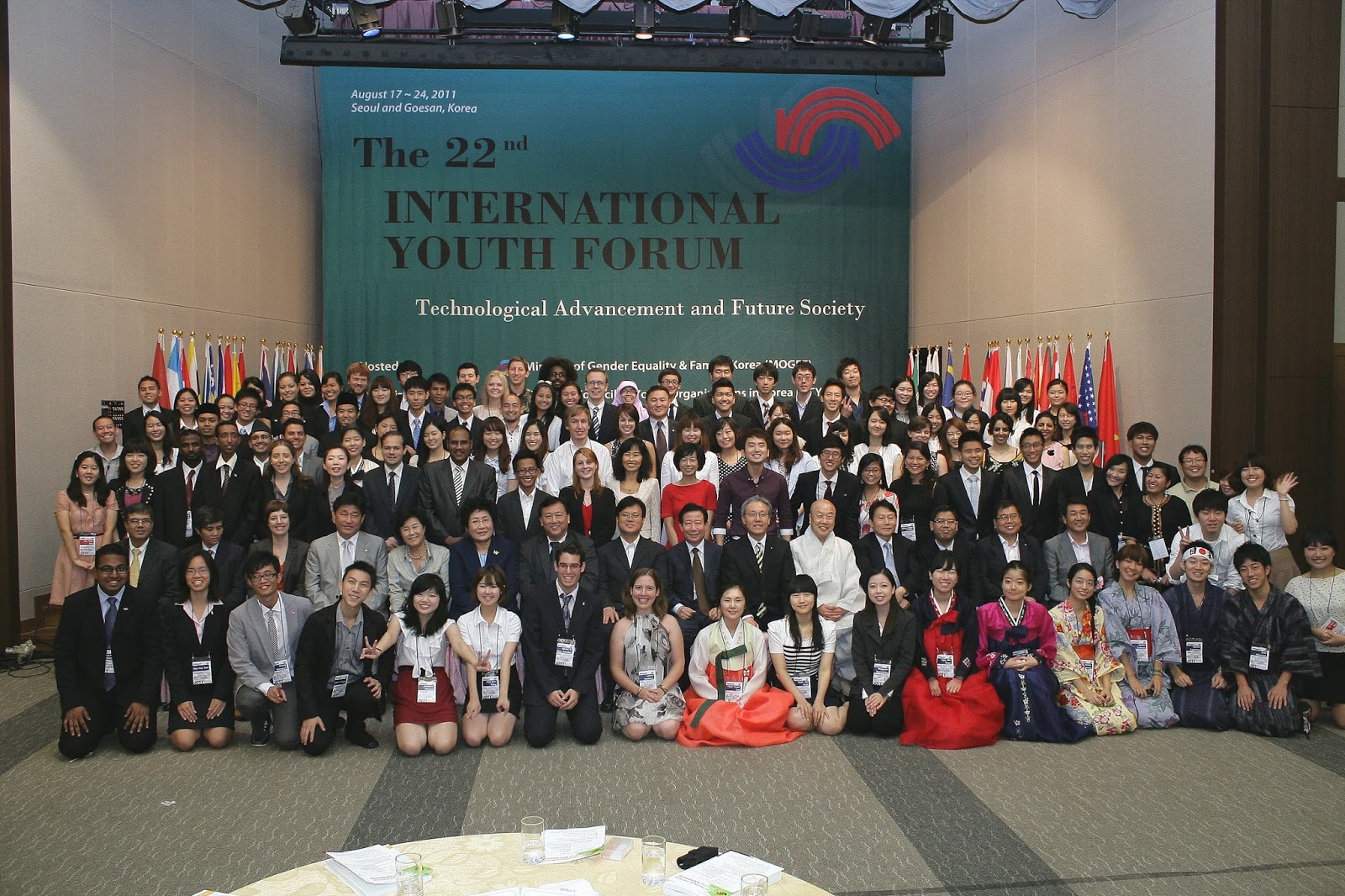
What are the main obstacles to youth
empowerment?
Strategies
for youth empowerment must always be considered in the context of the overall
community and society in which programmes operate and where youth live. Social
barriers to youth involvement are a reality for many young people. The main
obstacles to youth empowerment are balancing peer participation, employment
creation, and empowerment and participation.
for youth empowerment must always be considered in the context of the overall
community and society in which programmes operate and where youth live. Social
barriers to youth involvement are a reality for many young people. The main
obstacles to youth empowerment are balancing peer participation, employment
creation, and empowerment and participation.
Striking
a balance between developing youth empowerment and project control is difficult
to achieve. Young people should feel they have a level of ownership in programmes.
However, there still may be the need for adult involvement (e.g. considering
young people’s opinions before making decisions, or allowing peer supporters
choose the areas they wish to work in). It is determining the level of
participation that can create challenges.
a balance between developing youth empowerment and project control is difficult
to achieve. Young people should feel they have a level of ownership in programmes.
However, there still may be the need for adult involvement (e.g. considering
young people’s opinions before making decisions, or allowing peer supporters
choose the areas they wish to work in). It is determining the level of
participation that can create challenges.
Youth
who graduate from various tertiary institutions are ready to enter the job market
every year. However, due to the slow economic growth, corruption, nepotism and
demand for experience by potential employers, a lot of them remain unemployed.
who graduate from various tertiary institutions are ready to enter the job market
every year. However, due to the slow economic growth, corruption, nepotism and
demand for experience by potential employers, a lot of them remain unemployed.
One of
the greatest challenges in youth empowerment and participation, is how to
ensure that young people are passionate about causing transformation in their
communities. Youth empowerment and participation is the quintessential force
for causing such transformation. Young people need a youth branded platform
from where they can speak powerfully, take appropriate action, and inspire
belief that will have a catalytic impact all over their country through
youth-led development initiatives.
the greatest challenges in youth empowerment and participation, is how to
ensure that young people are passionate about causing transformation in their
communities. Youth empowerment and participation is the quintessential force
for causing such transformation. Young people need a youth branded platform
from where they can speak powerfully, take appropriate action, and inspire
belief that will have a catalytic impact all over their country through
youth-led development initiatives.
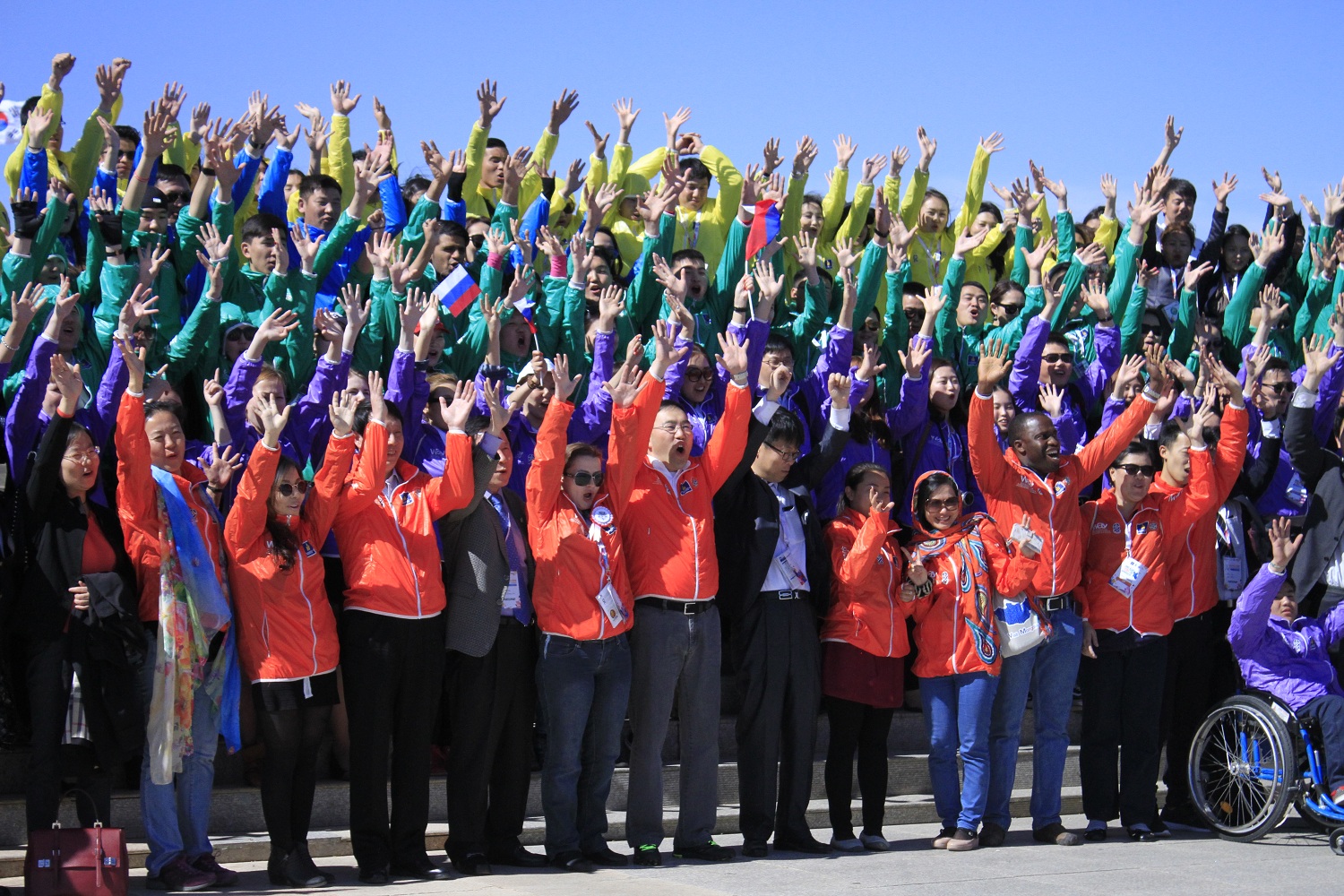
In what ways do you promote women’s empowerment?
We
believe a woman is a change-agent. She can feed her family. Build her business.
Raise her kids. Employ her neighbours. She can inspire sustainable
transformation and create a new story for herself, her children and her entire
community. To educate a girl, you empower a nation, hence, a woman is powerful
and full of often-untapped potential. A woman can change the world, but first,
she needs to be given the opportunity.
believe a woman is a change-agent. She can feed her family. Build her business.
Raise her kids. Employ her neighbours. She can inspire sustainable
transformation and create a new story for herself, her children and her entire
community. To educate a girl, you empower a nation, hence, a woman is powerful
and full of often-untapped potential. A woman can change the world, but first,
she needs to be given the opportunity.
At WAY,
we promote women’s empowerment in several ways which are through workshops,
dialogues, and seminars. We encourage all stakeholders to adopt and strengthen
sound policies and enforceable legislation for the promotion of gender equality
and the empowerment of all young women, at all levels. Furthermore, we enhance
the use of enabling technologies, in particular ICT, to empower young women and
encourage all members to undertake reforms in order to give young women equal
rights to economic resources, as well as to ownership and control over the
other forms of property, financial services, inheritance, and natural
resources.
we promote women’s empowerment in several ways which are through workshops,
dialogues, and seminars. We encourage all stakeholders to adopt and strengthen
sound policies and enforceable legislation for the promotion of gender equality
and the empowerment of all young women, at all levels. Furthermore, we enhance
the use of enabling technologies, in particular ICT, to empower young women and
encourage all members to undertake reforms in order to give young women equal
rights to economic resources, as well as to ownership and control over the
other forms of property, financial services, inheritance, and natural
resources.
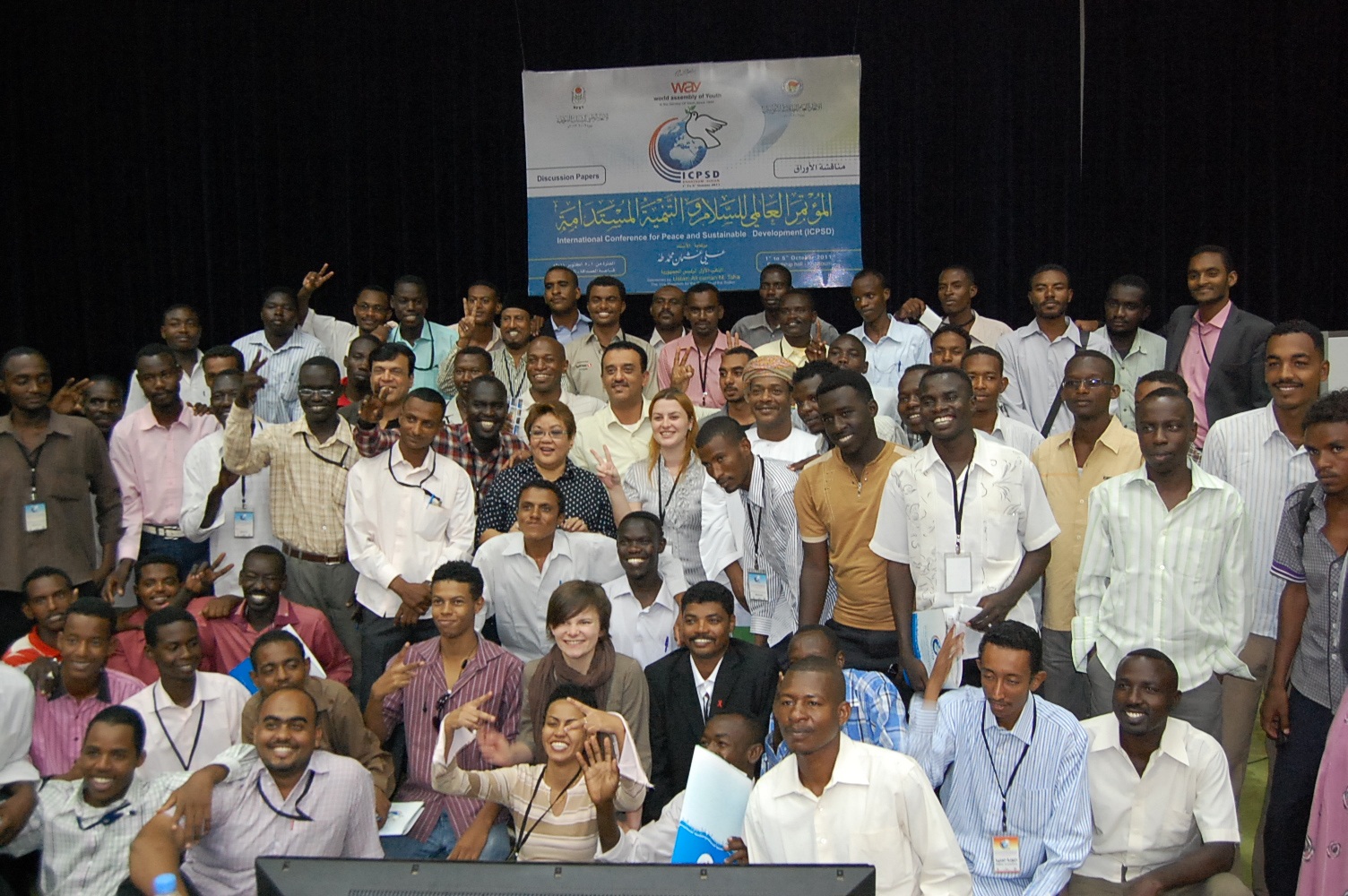
What are the actions that you implement in order
to promote youth participation in decision making?
Youth
participation leads to better decisions and outcomes, WAY has established an
epitome of an international society that works for the advancement of humankind
through empowerment of those that are bearing the future: the youth. Through the
passage of time, we have promoted inter-ethnic respect and fostered
inter-cultural and international understanding and cooperation among youth.
participation leads to better decisions and outcomes, WAY has established an
epitome of an international society that works for the advancement of humankind
through empowerment of those that are bearing the future: the youth. Through the
passage of time, we have promoted inter-ethnic respect and fostered
inter-cultural and international understanding and cooperation among youth.
Giving
young people a voice is our priority. As the way forward in doing so and
delivering our activities, WAY has developed the strategic plan that acts as a
roadmap for our activities. The Millennium Plan of Action or MPAC is developed
every four years during the General Assembly.
young people a voice is our priority. As the way forward in doing so and
delivering our activities, WAY has developed the strategic plan that acts as a
roadmap for our activities. The Millennium Plan of Action or MPAC is developed
every four years during the General Assembly.
WAY has
facilitated the collection, compilation and dissemination of information
pertaining to the needs of the world’s young people, and has provided a
platform for the interchange of these ideas and or actions. Perhaps most
importantly, it has spearheaded the formation of national youth councils and
creation of national youth policies in several countries, and thus provided
young people in those nations with a unified voice.
facilitated the collection, compilation and dissemination of information
pertaining to the needs of the world’s young people, and has provided a
platform for the interchange of these ideas and or actions. Perhaps most
importantly, it has spearheaded the formation of national youth councils and
creation of national youth policies in several countries, and thus provided
young people in those nations with a unified voice.
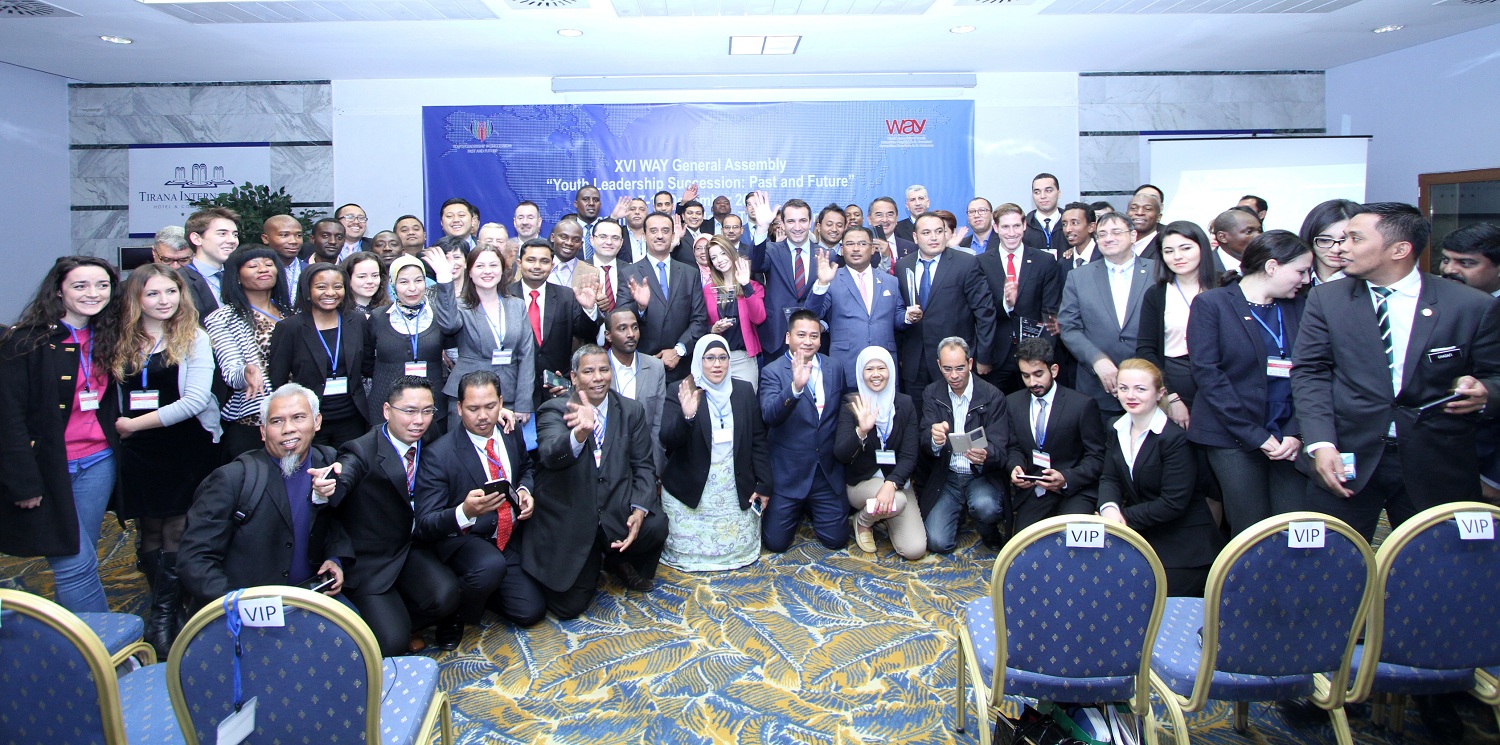
Do you cooperate with local authorities and
institutions? If yes, how?
As an
international NGO, WAY, with 140 member countries, sees the need to work with
local authorities and institutions. The organisation will not be operating
without the collaboration of local authorities especially the Ministry of Youth
and National Youth Council, which we share the same goals for youth development
and also the Ministry of Foreign Affairs.
international NGO, WAY, with 140 member countries, sees the need to work with
local authorities and institutions. The organisation will not be operating
without the collaboration of local authorities especially the Ministry of Youth
and National Youth Council, which we share the same goals for youth development
and also the Ministry of Foreign Affairs.
During
events we collaborate with different institution depending on the topic that we
tackle on that particular event. Different departments from the governments are
highly important, like tourism, police, immigration, youth department, protocol,
etc. The immigration help facilitating delegates’ entry, they provide information on countries’ visa and entry requirements,
customs and police departments do help in making sure that delegates observe the
rules and protocol to enter the country. Education institution urges the
students to volunteer and learn the aspect of team work on international level.
events we collaborate with different institution depending on the topic that we
tackle on that particular event. Different departments from the governments are
highly important, like tourism, police, immigration, youth department, protocol,
etc. The immigration help facilitating delegates’ entry, they provide information on countries’ visa and entry requirements,
customs and police departments do help in making sure that delegates observe the
rules and protocol to enter the country. Education institution urges the
students to volunteer and learn the aspect of team work on international level.
We also
collaborate with local authorities when it comes to the implementation of the
declarations, and or the outcomes documents (recommendations produced by the
youth for the youth) derived from our events. The relevant authorities assist
in the application of those policies in their relevant departments, hence
creation of new guidelines and laws pertaining to the issue that we tackle in
each event. We do cooperate with several United Nations Agencies, CSOs, NGOs,
academia, and media as well.
collaborate with local authorities when it comes to the implementation of the
declarations, and or the outcomes documents (recommendations produced by the
youth for the youth) derived from our events. The relevant authorities assist
in the application of those policies in their relevant departments, hence
creation of new guidelines and laws pertaining to the issue that we tackle in
each event. We do cooperate with several United Nations Agencies, CSOs, NGOs,
academia, and media as well.


